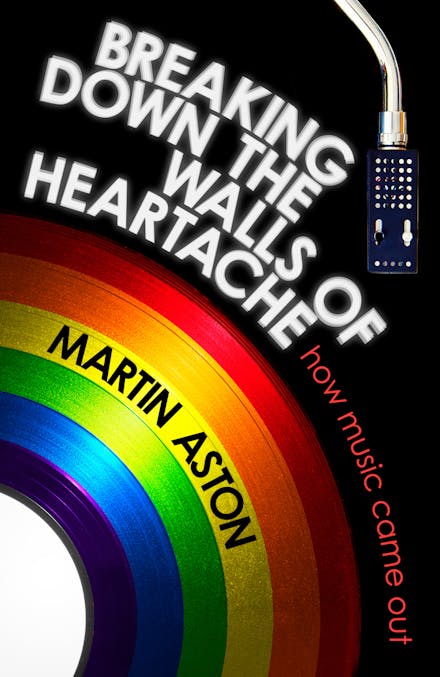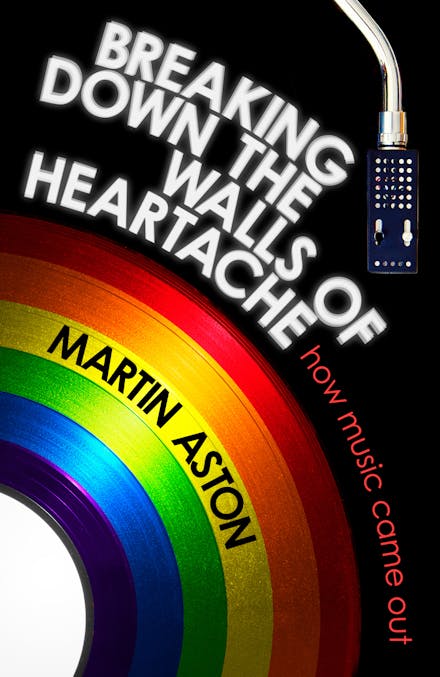Imprint
- Constable
- Constable
Rock & Pop music, Prose: non-fiction, Popular culture
Martin Aston explores popular music's gay DNA, comprehensively and authoritatively drawing together all of the threads to tell the story of how music 'came out' as an unfolding historical narrative.
Popular music's gay DNA is inarguable, from Elvis in eye shadow and Little Richard's 'Tutti Frutti' to The Velvet Underground's subversive rock'n'roll and Bowie's ambisexual alien Ziggy Stardust; from kd lang's female Elvis to Kurt Cobain in a dress; from Noughties lesbian icon Beth Ditto to Lady Gaga's 'Born This Way' manifesto.
But if collected essays and/or features have addressed gay, lesbian, bisexual and transgender singers, songwriters, musicians and songs, no book has yet comprehensively and authoritatively drawn together all the threads to explore this as an unfolding, historical narrative: to tell the story of how music 'came out', from the days when homosexuals were deeply in the closet, but the love that once dared not speak its name sings it, and on daytime radio to boot.
This story will reveal which songs have coded messages about sexuality, and which proudly declared the truth, including examples of heterosexual songwriters and singers who chose to address same-sex issues, from Rod Stewart's 'The Killing Of Georgie' - the first UK number one with a gay theme - to Suede's 'Animal Nitrate'. The narrative will unfold against a backdrop of historic social and political shifts, as LGBT rights pushed for visibility and equality, from the closet of the Fifties to the struggle and setbacks of the Sixties, the liberation of the Seventies, the mainstream invasion and AIDS crisis of the Eighties, the advances of the Nineties and the more immersed scene of the Noughties. These artists have indeed changed the world as we know it.
BREAKING DOWN THE WALLS OF HEARTACHE is a story for a wide audience, not just the LGBT community but a broad spectrum of music lovers who are fascinated by these characters, events, stories and songs. It is also a very timely tale, given the prominence of same-sex issues such as marriage equality, alongside the retrogressive steps in places such as Russia and parts of Africa, where songs encapsulating the gay/lesbian experience mirror those of the Sixties, signifying how the journey from illegality and bigotry to freedom is still far from over.




























.png?auto=compress&w=150&h=60&fit=crop&fm=jpg)
.png?auto=compress&w=150&h=60&fit=crop&fm=jpg)

